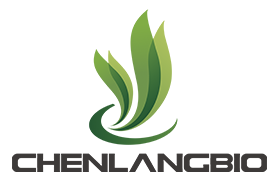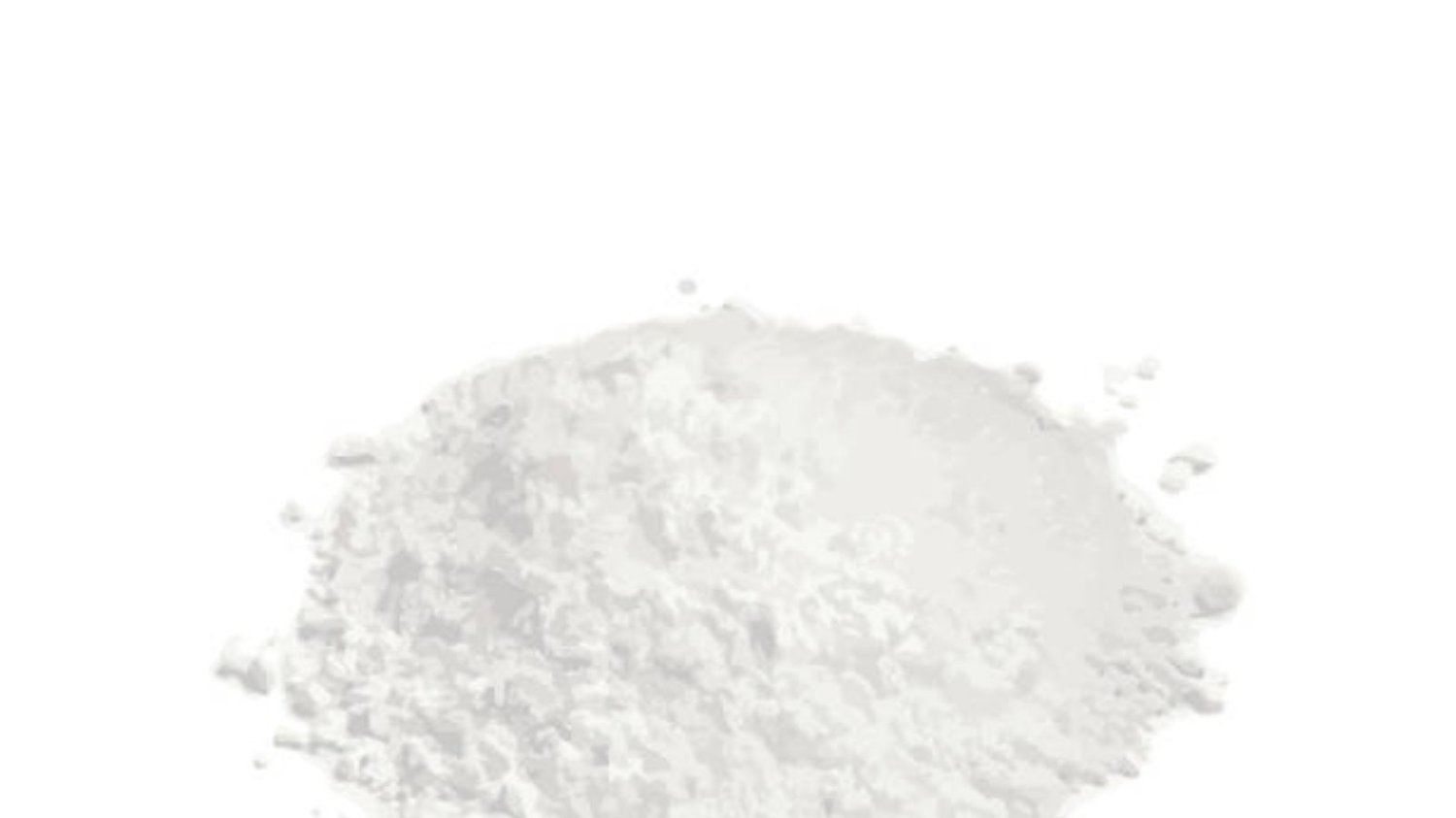Why is NMN getting banned?? Explained!
If you're into anti-aging supplements, you may have heard about NMN (Nicotinamide mononucleotide). However, it has also made headlines recently for a different reason - it's getting banned in some countries. In this article, we'll explore why that's happening and what it means for you.
What is NMN?
NMN is a naturally occurring compound found in our bodies. It's a precursor to NAD+ (nicotinamide adenine dinucleotide), a molecule that regulates our metabolism and plays a key role in cellular energy production. It's believed that boosting NAD+ levels may have anti-aging effects.
Why is NMN getting banned in some countries?
One reason why NMN is getting banned in some countries is that it's not yet approved for human use. While some studies have shown promising results in animals, there's not enough evidence to support its safety and efficacy in humans. Another reason is that some products may be misleading consumers by claiming that NMN can cure or treat diseases, which has not been confirmed by scientific research.
Which countries have banned NMN?
So far, NMN has been banned in Australia, New Zealand, and Canada. The ban in Australia and New Zealand is due to it being an unapproved substance, while the ban in Canada is due to concerns about its safety and efficacy. The European Union has also determined that NMN cannot be sold as a food supplement.
Is NMN banned in the US?
No, NMN is not banned in the US. However, the FDA (Food and Drug Administration) has not yet approved NMN for human use, and it's considered a research compound. This means that it can only be sold for research purposes, and not for human consumption. Some companies have been selling NMN as a dietary supplement, but the FDA has been cracking down on these claims.
Can I still buy NMN?
If you live in a country where NMN is not banned, you may be able to buy it. However, it's important to note that there's not enough evidence to support its safety and efficacy in humans. If you do decide to take NMN, it's important to consult with a healthcare provider first.
Are there any alternatives to NMN?
Yes, there are several alternatives to boosting NAD+ levels. One is to take NR (Nicotinamide riboside), which is another precursor to NAD+. NR has been shown to increase NAD+ levels in humans and is available as a dietary supplement. Another option is to practice intermittent fasting, which has been shown to increase NAD+ levels in animal studies.
What are the potential risks of taking NMN?
Since NMN is not yet approved for human use, there's not enough information about its potential risks. However, some animal studies have shown that high doses of NMN may cause liver damage, although it's not clear whether this would also apply to humans. Other risks may include interactions with medications or other supplements, so it's important to consult with a healthcare provider before taking NMN.
What does the future hold for NMN?
While NMN is currently facing some regulatory hurdles, there's still a lot of interest in its potential anti-aging effects. Several human clinical trials are ongoing to determine its safety and efficacy, and it's possible that it may eventually be approved for human use. However, until then, it's important to be cautious about using NMN as a dietary supplement.
The Bottom Line
NMN is a naturally occurring compound that may have anti-aging effects by boosting NAD+ levels. However, it's not yet approved for human use, and some countries have banned its sale as a dietary supplement. If you're considering taking NMN, it's important to consult with a healthcare provider and be cautious about claims made by supplement manufacturers. There are also alternatives to NMN that may have similar effects, such as NR and intermittent fasting.

